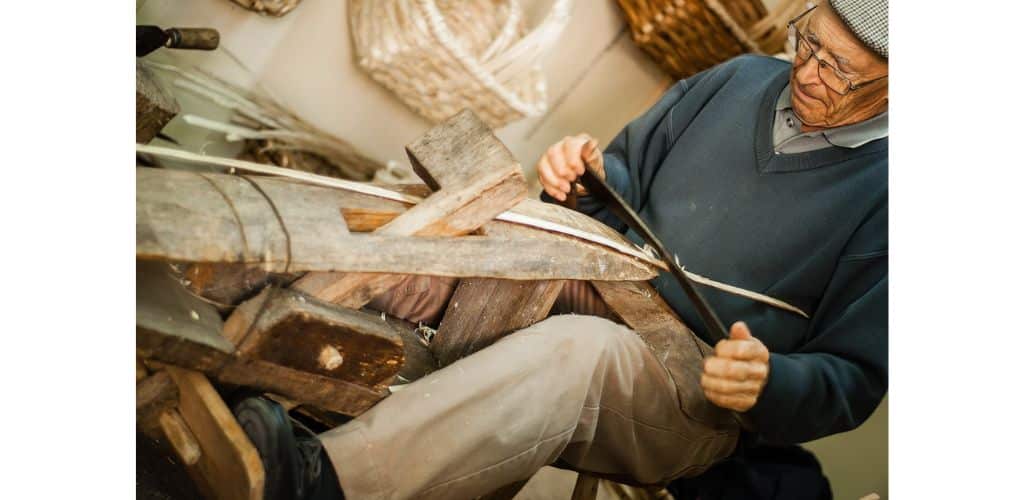The US Patent and Trademark Office (USPTO) has published a request for comment (RFC) on “how AI could affect evaluations of how the level of ordinary skills in the arts are made to determine if an invention is patentable under U.S. law.”
This follows an October, 2023 executive order from President Biden on Safe, Secure, and Trustworthy Artificial Intelligence and the USPTO’s draft guidance on AI-assisted inventions in February of 2024.
The RFC asks for public input on 15 questions about the impact of AI (artificial intelligence) on prior art and on the concept of a person having ordinary skill in the art (PHOSITA).
Under 35 U.S.C. §103,
A patent for a claimed invention may not be obtained, notwithstanding that the claimed invention is not identically disclosed as set forth in section 102, if the differences between the claimed invention and the prior art are such that the claimed invention as a whole would have been obvious before the effective filing date of the claimed invention to a person having ordinary skill in the art to which the claimed invention pertains.
(Emphasis added.)
The Federal Circuit explained in the case of Standard Oil Co. v. American Cyanamid Co.:
The issue of obviousness is determined entirely with reference to a hypothetical “person having ordinary skill in the art.” It is only that hypothetical person who is presumed to be aware of all the pertinent prior art. The actual inventor’s skill is irrelevant to the inquiry, and this is for a very important reason. The statutory emphasis is on a person of ordinary skill. Inventors, as a class, according to the concepts underlying the Constitution and the statutes that have created the patent system, possess something – call it what you will – which sets them apart from the workers of ordinary skill, and one should not go about determining obviousness under §103 by inquiring into what patentees (i.e., inventors) would have known or would likely have done, faced with the revelations of references. A person of ordinary skill in the art is also presumed to be one who thinks along the line of conventional wisdom in the art and is not one who undertakes to innovate, whether by patient, and often expensive, systematic research or by extraordinary insights, it makes no difference which.
As the American Intellectual Property Law Association explains,
It should be clear that that hypothetical person is not the inventor, but an imaginary being possessing “ordinary skill in the art” created by Congress to provide a standard of patentability…
The RFC notes that
Some commenters stated that AI machines are not “persons,” and therefore, AI would not affect the PHOSITA assessment.[6] Additional commenters believed the present framework for assessing a PHOSITA’s level of skill is sufficient to determine the impact of AI in a particular field.[7] Many commenters agreed that the increasing use of AI would affect how the USPTO and the courts assess the legal hypothetical standard of a PHOSITA. .[8] Others indicated “the level of skill in any art has traditionally grown over time based on the introduction of new technologies and that `once conventional AI systems become widely available . . . such accessibility would be expected to enhance the abilities of a [PHOSITA].’ ” [9]
The questions in the RFC include:
- In what manner, if any, does 35 U.S.C. 102 presume or require that a prior art disclosure be authored and/or published by humans? In what manner, if any, does non-human authorship of a disclosure affect its availability as prior art under 35 U.S.C. 102?
- What types of AI-generated disclosures, if any, would be pertinent to patentability determinations made by the USPTO? How are such disclosures currently being made available to the public? In what other ways, if any, should such disclosures be made available to the public?
- If a party submits to the Office a printed publication or other evidence that the party knows was AI-generated, should that party notify the USPTO of this fact, and if so, how? What duty, if any, should the party have to determine whether a disclosure was AI-generated?
The RFC also asks whether the advent of more powerful AI tools means that the USPTO’s examination guidelines should be updated and whether legislative changes are needed.
Comments on the RFC are due by July 29, 2024. As the RFC explains,
Comments must be submitted through the Federal eRulemaking Portal at www.regulations.gov. To submit comments via the portal, enter docket number PTO-P-2023-0044 on the homepage and click “Search.” The site will provide a search results page listing all documents associated with this docket. Find a reference to this document and select the “Comment” icon, complete the required fields, and enter or attach your comments.
Just like the haiku above, we like to keep our posts short and sweet. Hopefully, you found this bite-sized information helpful. If you would like more information, please do not hesitate to contact us here.


